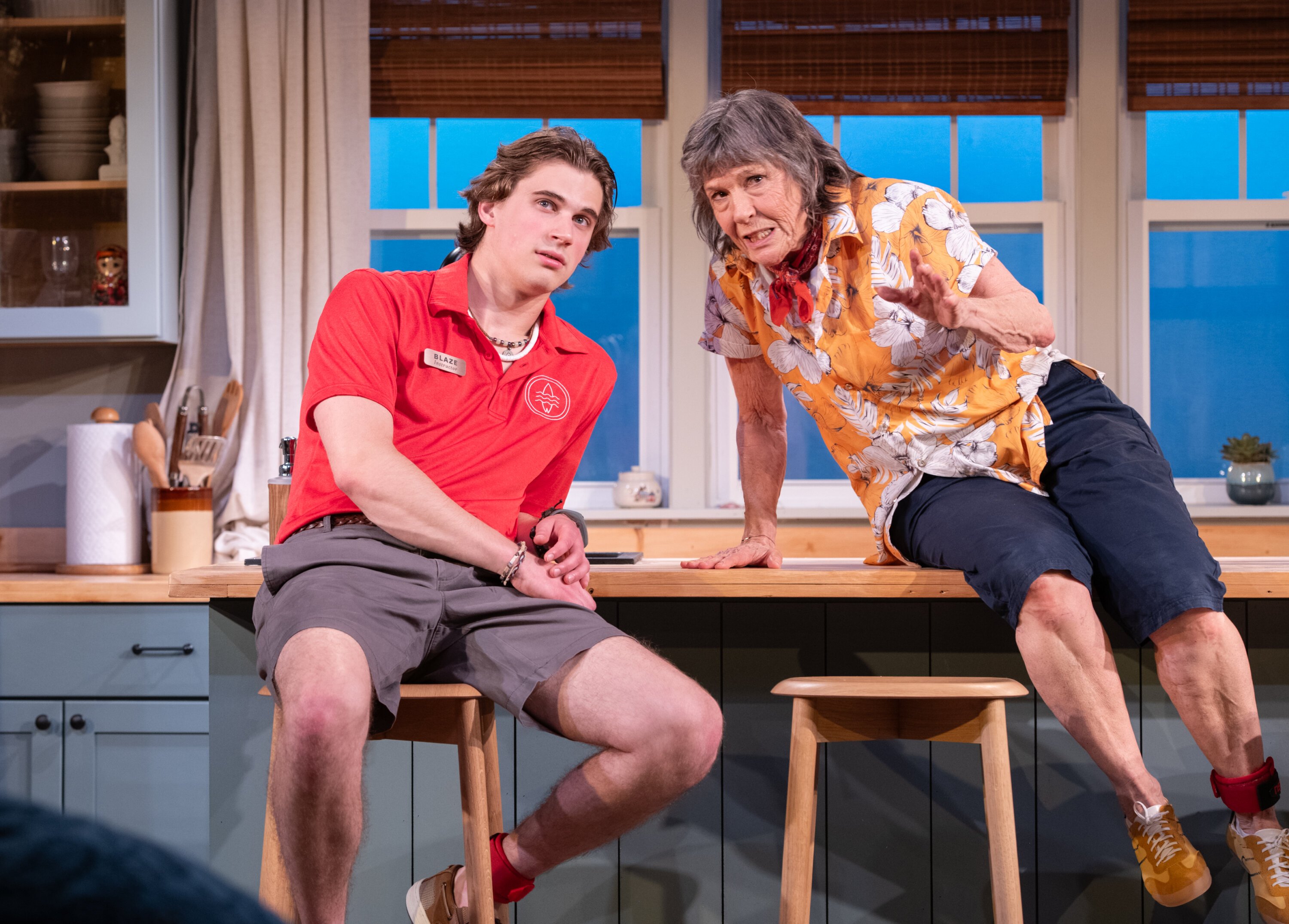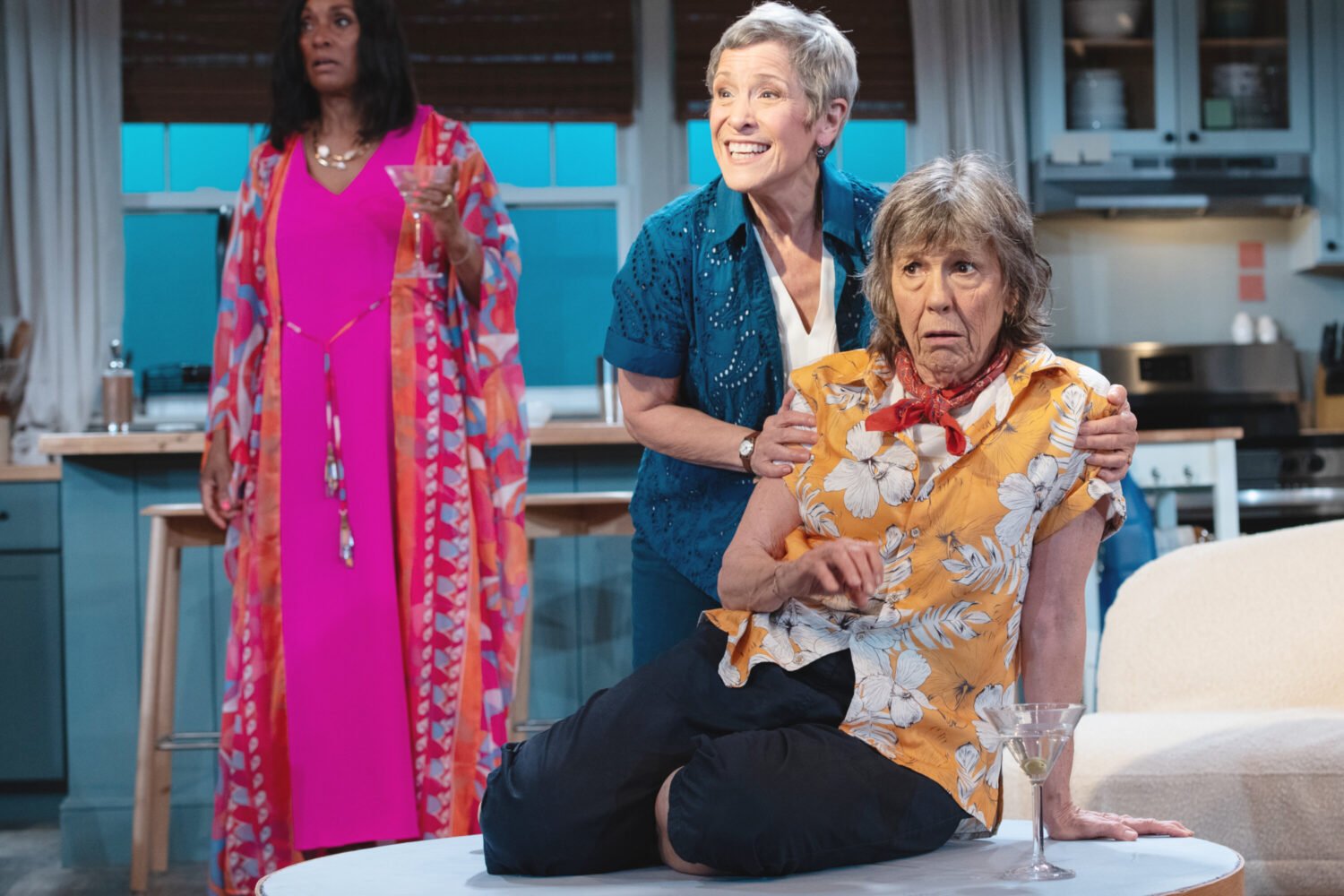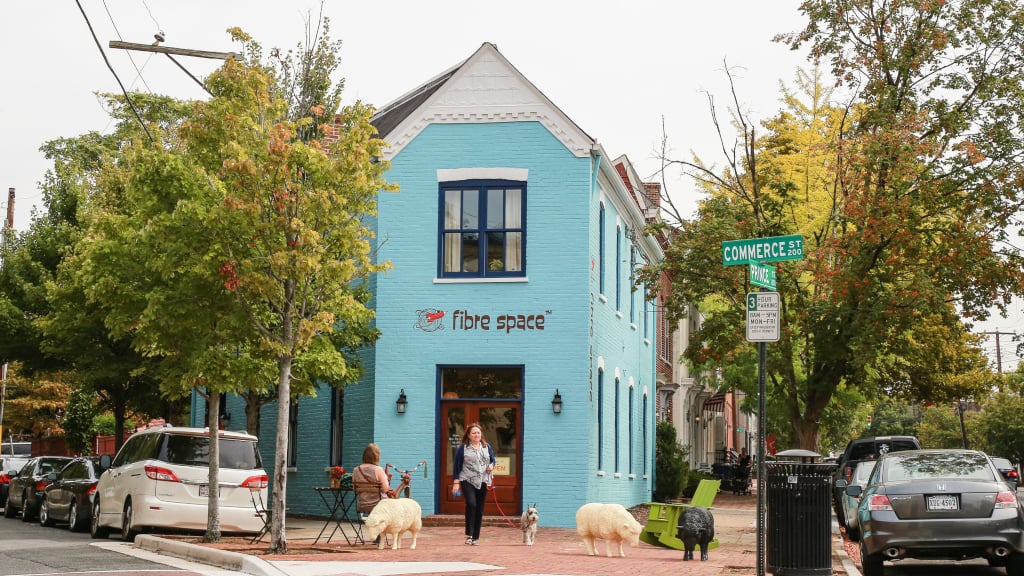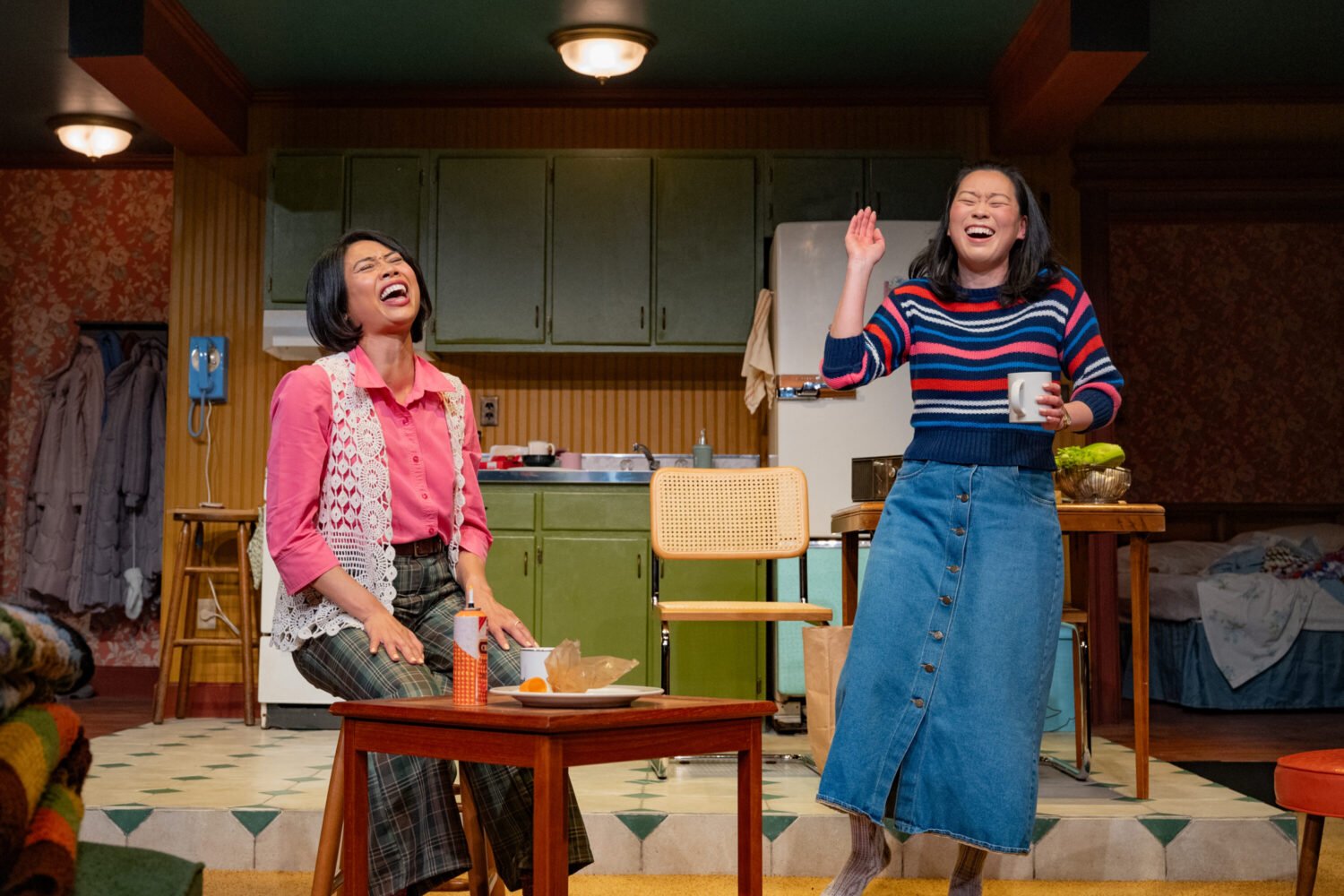“Falling is indispensable in terms of our evolution as wave riders, in terms of grounding our egos, and in terms of seeing surfing for the unpredictable, explosive fun that it is… To fall is to fail, sure. But it is also to grow, to learn, and to get another chance to make the wave and succeed.” —Brian Sousa, “In Praise of Wiping Out“
As Wipeout begins, three women bob on the waves of the Pacific Ocean. Claudia, a fastidious retired elementary school teacher, has summoned her two lifelong best friends here for an adventure: their first-ever surfing lesson. Wynn, stylish, successful, and working on her third marriage, paddles up to Claudia and is followed soon by Gary, feisty and fearless, bragging about her new girlfriend. All three are old enough to claim a senior discount, and all have plenty of living left to do. They have some secrets to share and scores to settle, but in the meantime their teenage surf-bro instructor, Blaze, will try to keep them afloat.

The characters and events of Wipeout are grounded in a setting and relationships that playwright Aurora Real de Asua knows well. She grew up surfing off the coast of Northern California and spending many summers with her grandmother—and her grandmother’s extended group of friends—in the Basque country of Northern Spain. These summers watching the lives and complex friendships of older women unfold informed the development of Wipeout, as Real de Asua sought to portray the fearlessness of women growing away from the pressures of courtship, parenting, or workplaces that often underestimated them.
These insights lived alongside her own experiences on the water: “I learned how to surf in Santa Cruz, California,” Real de Asua says. “Hands down the best surfers I encountered were women over the age of seventy. They were fearless. They went for everything. Small waves, big waves, my waves. If it moved, there they were, hanging ten, shredding. They didn’t have time to waste. That ferocity—that hunger to go, to live without regret or apology—inspired Wipeout.”
Wipeout is playing at Studio Theatre until July 27. Washingtonian readers can claim a 25% discount on tickets with the promo code SANTACRUZ25. Tickets are available at studiotheatre.org or by calling the box office at 202-332-3300.







